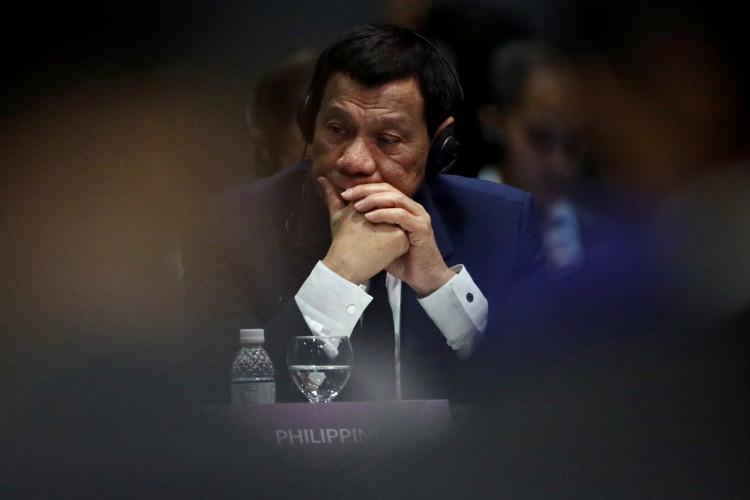The Philippines' economic growth remains below the government's target as it continues its slow pace due to uncertainties of the global economy and the sluggish local investments.
The report of Fitch Solutions on January 24 entitled Philippine Economy Unlikely to Gather Steam In 2019 said that that the country's gross domestic product (GDP) will grow by 6.1 percent this year. The projection is below the government's target of around 7 to 8 percent. In 2018, the Philippines economy grew by 6.2 percent, the slowest within three years. The decrease in consumption due to high consumer price and investments caused the slowdown in economic growth last year.
Fitch Ratings said that Fitch solutions reiterate their view that the Phillippine economy will struggle to reverse its weakening growth momentum over the coming quarters owing to tighter monetary conditions, the potential for a reescalation of global trade tensions, as well as a deteriorating business environment.
The firm highlighted that the slowdown in private consumption due to the decline in consumer confidence caused by high inflation and the trade war were the main reasons for the slow economic growth. Fitch also believes that the government's "Build, Build, Build" programme that imposes massive government spending especially on infrastructure is insufficient to support the slowing economy. The report said that the government is constrained by its limited ability to raise revenues and the heavy government spending will be unsustainable and insufficient to support the economic growth amid rising headwinds. The firm also noted that investment growth in the country decelerated to 5.5 percent year-on-year in the fourth quarter of 2018. It decreased from 18.2 percent year-on-year during the third quarter.
The firm also said that in their view, scaling up public infrastructure investments in the country will be essential for long-term growth, sustainability, and competitiveness. The report also noted that public investments can boost overall productivity and crowd in private investment if it is well managed. The firm, however, highlighted that returns from large-scale public-led infrastructure projects are not maximized due to hasty appraisal and a sub-optimal public procurement system. The report advised that the current case of investments in the Philippines might increase the nation's debt burden without increasing the nation's productivity which adds as a burden to the country's growth potential.
Thatchinamoorthy Krshnan, Oxford Economics assistant economist, said that they are expecting that the Philippines will remain as a 6 percent economic growth in 2019 due to the decreasing investment growth caused by weak business sentiments.





